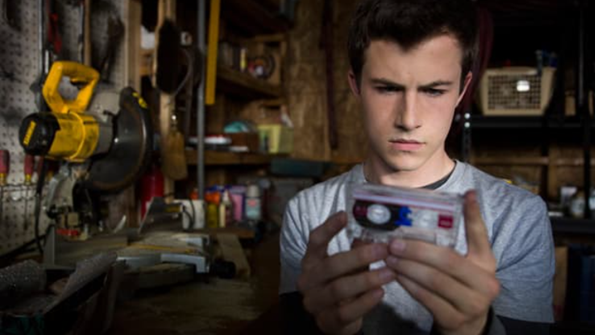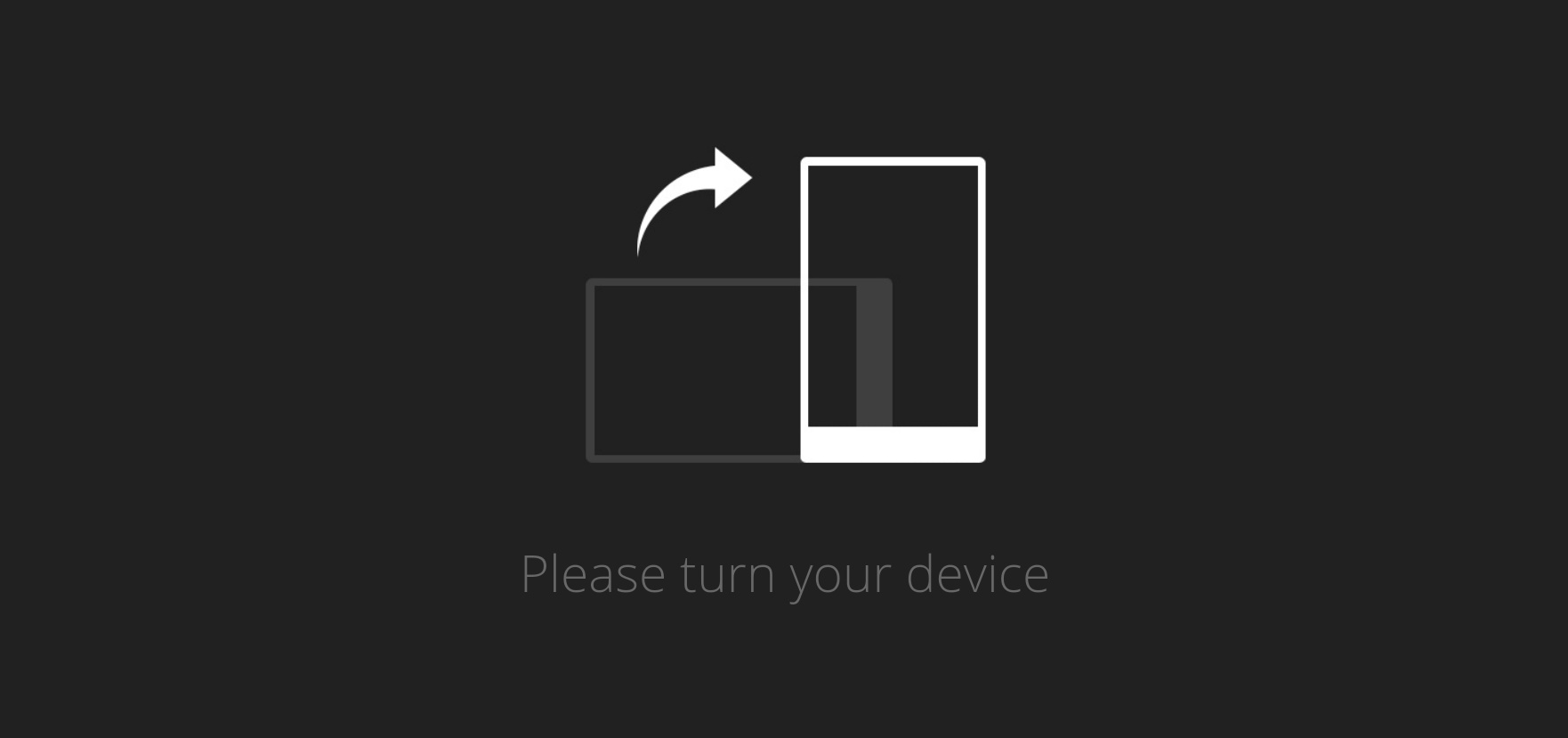
Netflix Has Released A Statement Defending Controversial Series ’13 Reasons Why’
Warning: This post discusses suicide and may be triggering.
It’s safe to say book-turned-television-series ’13 Reasons Why’ has become one of the most talked about pop culture events of 2017 so far.
From catalysing think-pieces, warnings from suicide prevention organisations, and even an entire new genre of memes (‘welcome to your tape’). The 13 episode story – based on the aftermath of the suicide of character Hannah Baker – has everyone divided.
Related: 10 Things Netflix’s ’13 Reasons Why’ Gets Right & Wrong About Teen Bullying &Suicide
After a fair share of (very valid) criticism that the show has endured, streaming platform Netflix has come forward to defend the concept. The crux of their argument is that the show has, at the very least, opened up a dialogue in an effort to destigmatise discussion surrounding mental health and suicide.
It’s been widely acknowledged that the series may have wider implications in terms of romanticising suicide and inspiring ‘suicide contagion’ through screening graphic content. However, a Netflix spokesperson said the show was thoughtfully created with the input of mental health experts.
“We have been mindful of both the show’s intense themes and the intended audience. We support the unflinching vision of the show’s creators, who engaged the careful advice of medical professionals in the scriptwriting process,” the spokesperson said.
Netflix backed up their statement with a study by the streaming service which found that 82 percent of parents and 61 percent of teens said that watching the same TV shows could help open a dialogue about tough topics. Meanwhile, 74 percent of parents admitted to having watched a TV show that was popular with their teenage children so they could talk about its content together.
If you or someone you know needs support, both Lifeline on 13 11 14 and the Kids Helpline on 1800 55 1800 offer 24-hour assistance. For further information about youth mental health, both Headspace and Reach Out can provide guidance. Or you can also talk to a medical professional or someone you trust.
